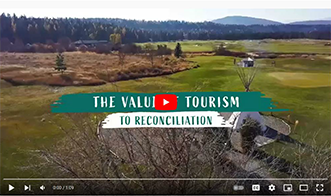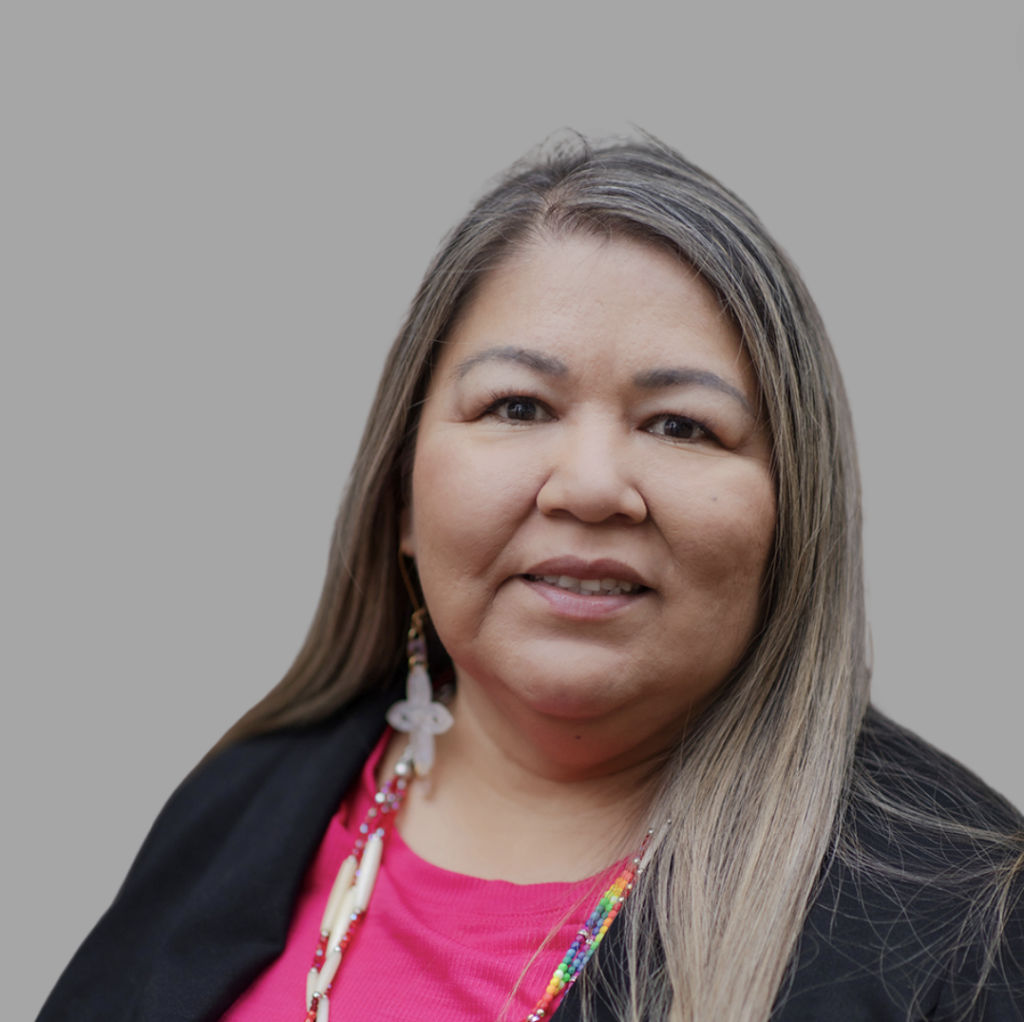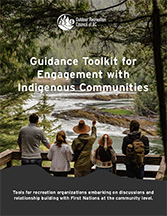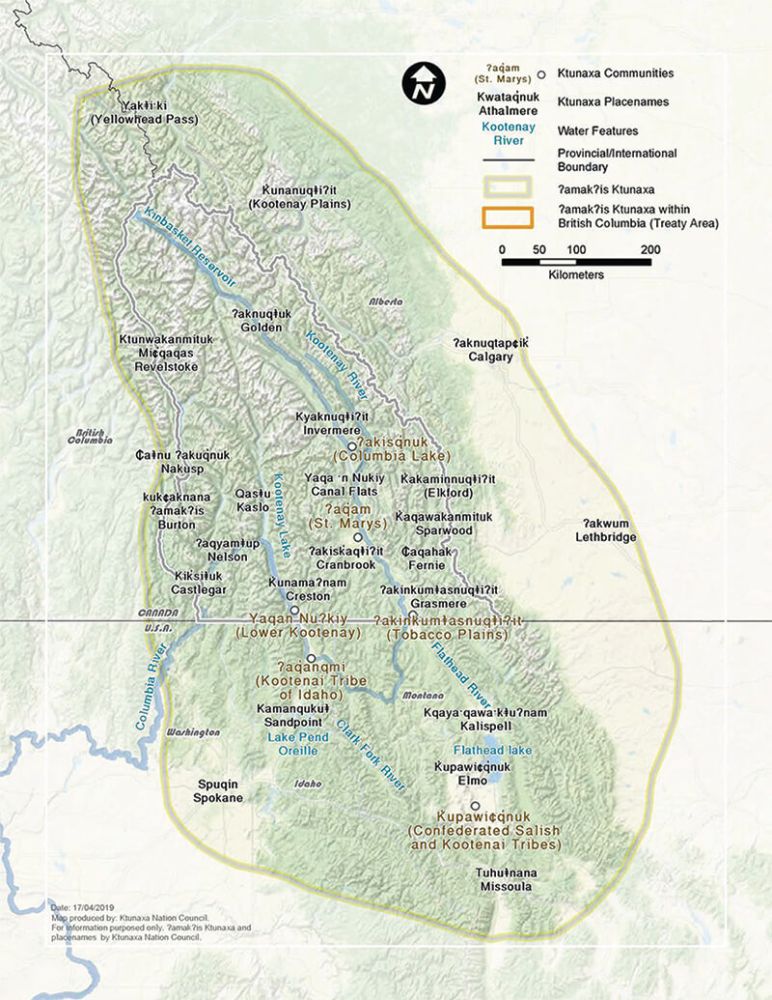WORKING WITH INDIGENOUS COMMUNITIES
Building partnerships that support the Indigenous mission, vision and values contributes to the development of Indigenous tourism opportunities. Working with Indigenous communities and stakeholders, in creative and collaborative ways, secures a position of shared leadership in the accelerating Indigenous tourism industry.
VALUE OF TOURISM VIDEO
Led by the Tourism Industry Association of British Columbia, the BC Regional Tourism Secretariat, Destination BC and PacifiCan have partnered on a video series to showcase the value of tourism.
Featured here are 3 versions of the
Value of Tourism to Reconciliation
video.
Value of Tourism to Reconciliation (0:37)
Value of Tourism to Reconciliation (1:09)
Value of Tourism to Reconciliation (2:57)
There are more than 200 Indigenous communities across BC, each with unique opportunities and resources to participate in the growing Indigenous tourism industry. Indigenous Tourism BC (ITBC) connects these diverse communities to tourism development opportunities based on current regional strategies with the help of the regional tourism specialist.
The goal of the Indigenous Specialist position is to support the advancement of Indigenous tourism by providing responsive and respectful support, engagement and information. As the dedicated local expert, Christine will connect emerging entrepreneurs, growing businesses and interested communities to development and planning opportunities, programming and resources that will help elevate Indigenous tourism businesses to the next level.
Christine is a proud member of the Secwepemc (Shuswap-Salish Tribe) from Esk’etemc, she carries the traditional name T.seselelckn, bestowed upon her by the Matriarchs of her community. With more than 12 years of experience in First Nations governance and administration, Christine brings a deep understanding of complex engagement and community outreach.
Her academic credentials include a Master of Arts from Royal Roads University and a Degree in Business Administration from Thompson Rivers University. Raised with a profound respect for her Secwepemc heritage and the teachings passed down by her family, Christine has dedicated her career to advancing Indigenous arts, culture and reconciliation. She has been instrumental in creating spaces that uplift and celebrate Indigenous voices and cultures. Christine’s deep connection to the land and her people drives her passion for sharing authentic Indigenous experiences with visitors and ensuring the long-term success of Indigenous tourism. LEARN MORE
INDIGENOUS LABOUR MARKET
FUND
New Relationship Trust – Empowering
First Nations in British Columbia
FOUR SEASONS OF
INDIGENOUS LEARNING
SELF-PACED VIRTUAL COURSE, OCT to MAY
Every job sector in every region of BC has baseline employment trends, labour market conditions and opportunities, social, environmental and economic trends as they relate to Indigenous participation.
The Indigenous Labour Market Fund will support Indigenous communities in building capacity in gathering foundational data used to identify gaps, opportunities and strategies for future employment training, recruitment, placements, retention and long-term employment to increase the participation of Indigenous peoples in sectors relevant to each Indigenous community or region.
This self-paced virtual course commenced in October 2024 and runs through to May 2025. This is an excellent training opportunity for year-round tourism staff – this course serves to support participants in deepening their understanding of Indigenous knowledge and perspectives while strengthening connections with the local land and supporting more respectful, reciprocal relationships.
- Online Self-paced Learning Modules
- 10 Live Virtual Indigenous Presentations
- Access to Presentation Recordings
- $25 for Indigenous Learning Resources
- Certificate of Completion
12 ways to better choose words when writing about Indigenous Peoples
ITBC’s Guide for Working with Indigenous Communities
Language is one of the many ways that has been used to oppress Indigenous Peoples. By being aware of the ways in which implied colonialism lives in language, you can re-frame the narrative and de-colonize your works.
Link here for a guide (PDF) to help writers make better choices and to equip them with a basic understanding on how not to repeat historically inaccurate terms, break Indigenous Protocols or use offensive language.
The PDF includes 12 items with detailed explanations.
Many non-Indigenous tourism and media organizations look to develop respectful partnerships with Indigenous communities. Indigenous Tourism BC has compiled an information toolkit to help individuals understand and build relationships with the First Peoples of British Columbia.
It is important to note that each Indigenous Nation and Community differ in their approach to partnership. The document was developed to the best of Indigenous Tourism BC’s knowledge to respond to common themes and questions received from partners. It is not a substitute for proper communication with Indigenous Nations and Communities.
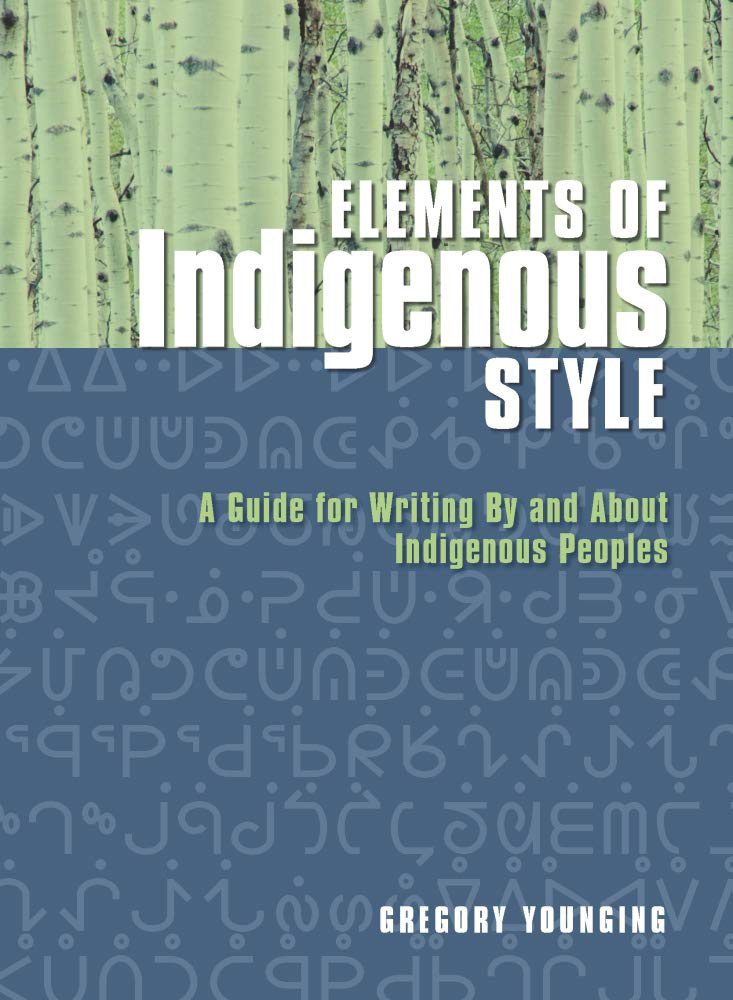
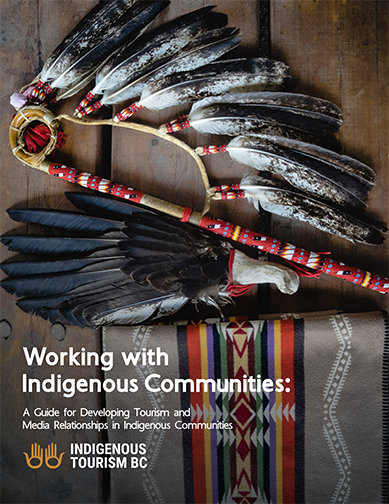
A Guide for Developing Tourism and Media Relationships in Indigenous Communities.
STRATEGIC INNOVATION FUND: SEED GRANTS
GUIDANCE TOOLKIT FOR ENGAGEMENT WITH INDIGENOUS COMMUNITIES
Seed Grants provide seed funding to kickstart small-scale innovation activities that explore and develop capacity, partnerships and promising innovation ideas. This component supports small-scale activities intended to explore and develop innovation projects that address systemic issues in the arts sector. Projects must respond to key strategic areas intended to rebuild a more resilient, sustainable, equitable, accessible, greener, healthier and connected arts sector.
Looking for other innovation opportunities?
Explore all the funding components of the Strategic Innovation Fund.
MORE INFORMATION
The Outdoor Recreation Council of BC has published a guide offering recreation organizations a roadmap for advancing reconciliation objectives.
The toolkit is part of an ongoing effort to provide guidance and resources to the outdoor recreation sector on working cooperatively with Indigenous governments and communities on outdoor recreation projects.
The hope for the guide is to spark dialogue within groups and to help foster genuine collaboration within Indigenous communities.
READ THE GUIDE
